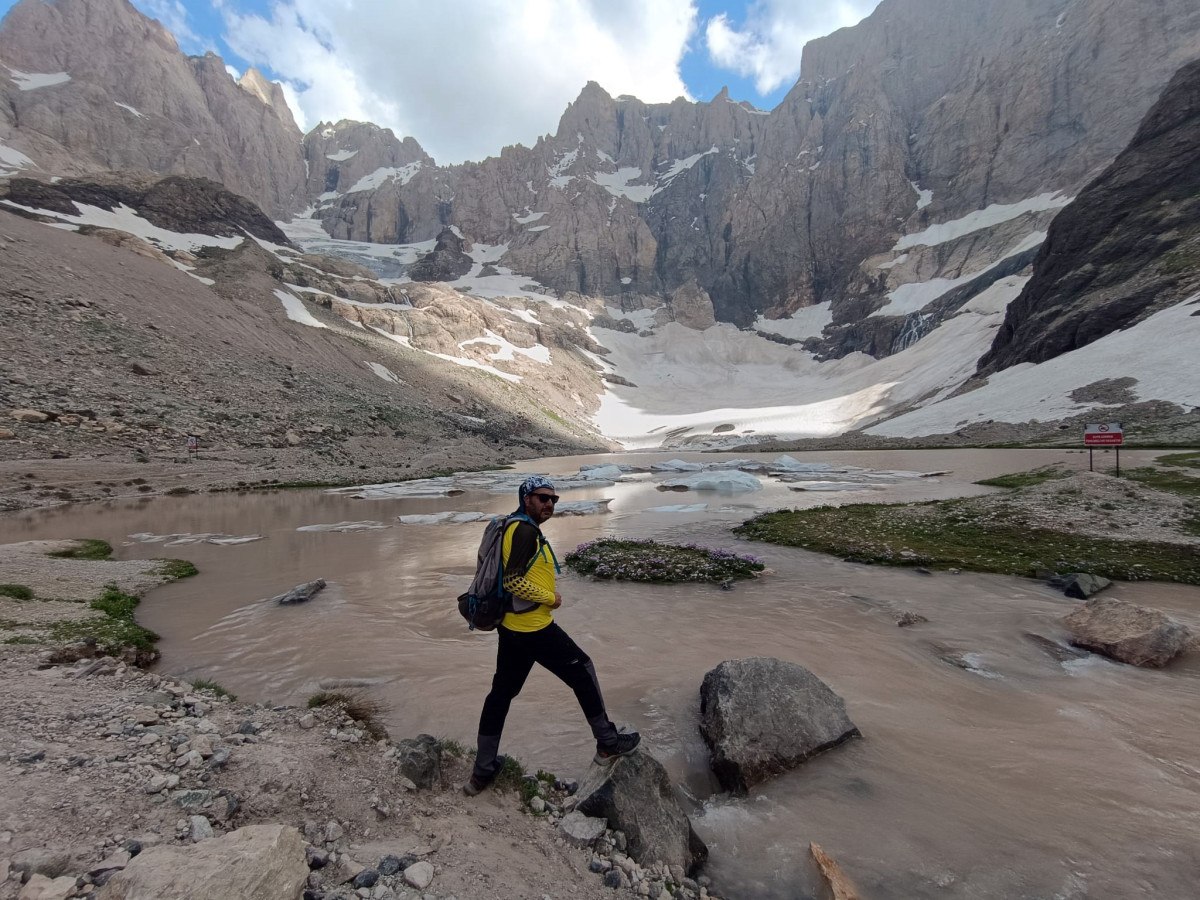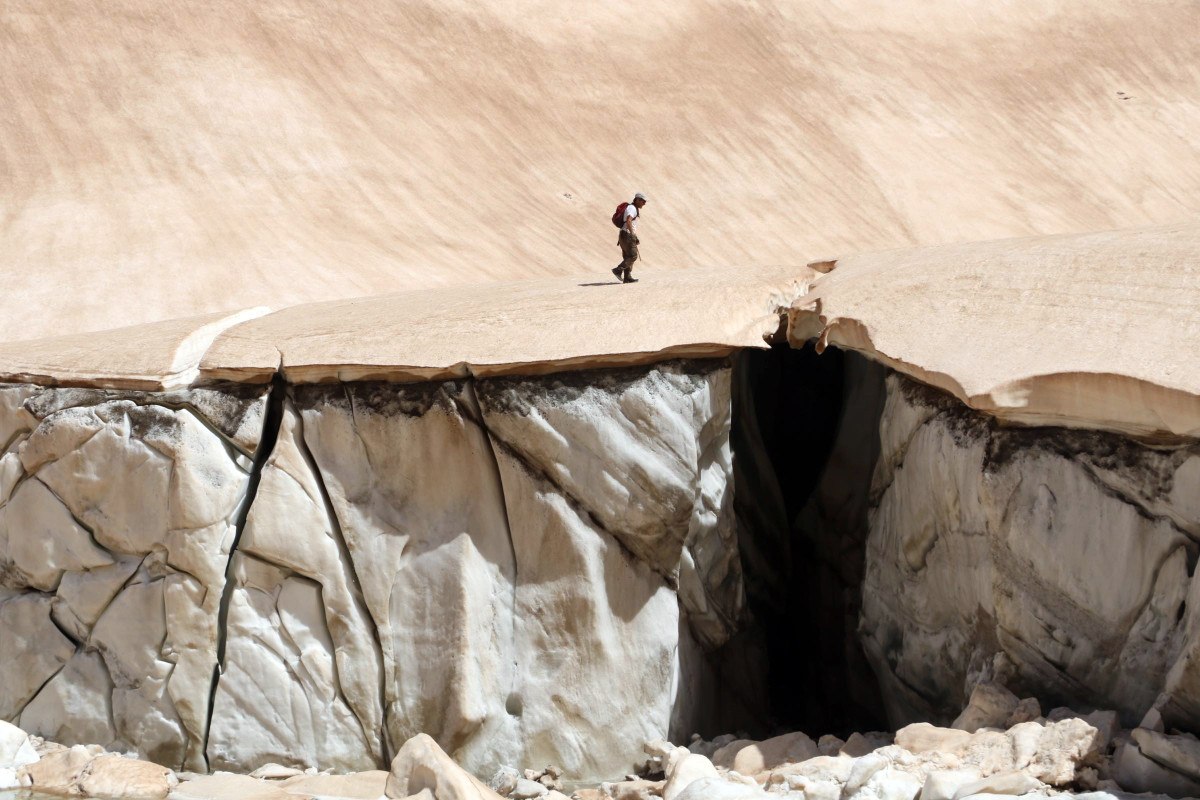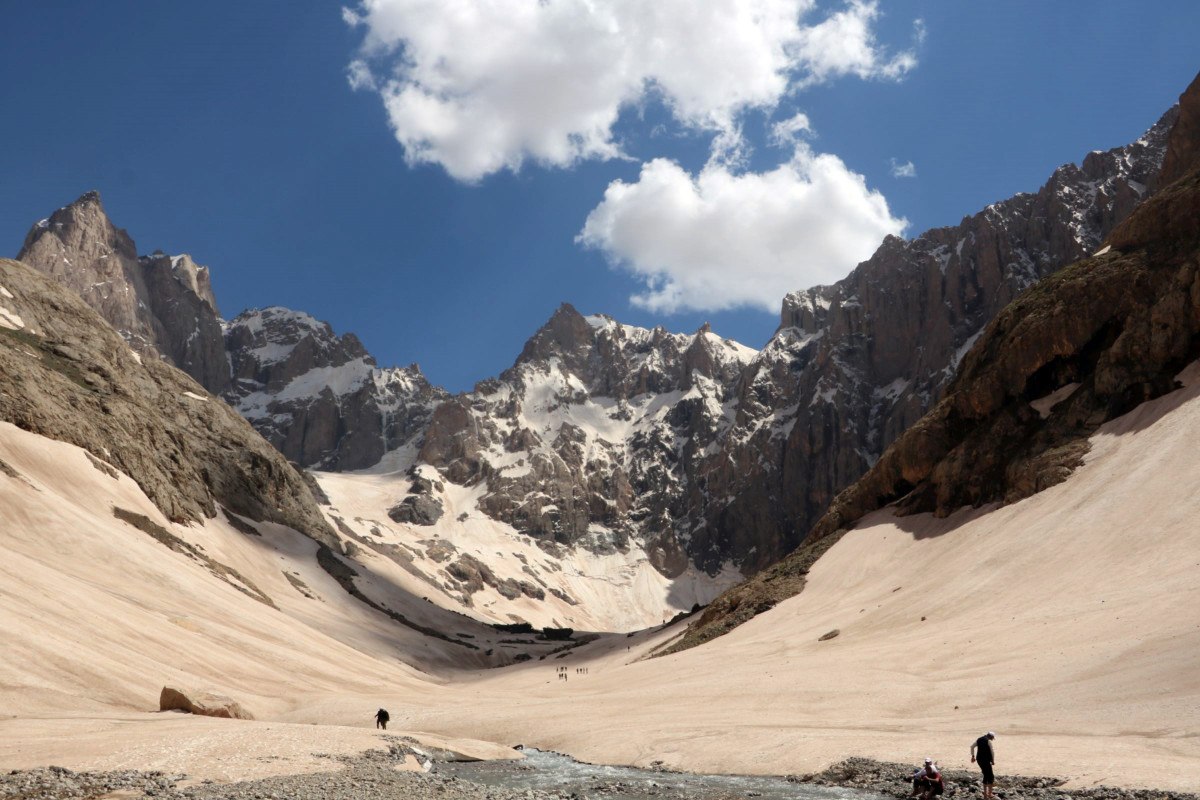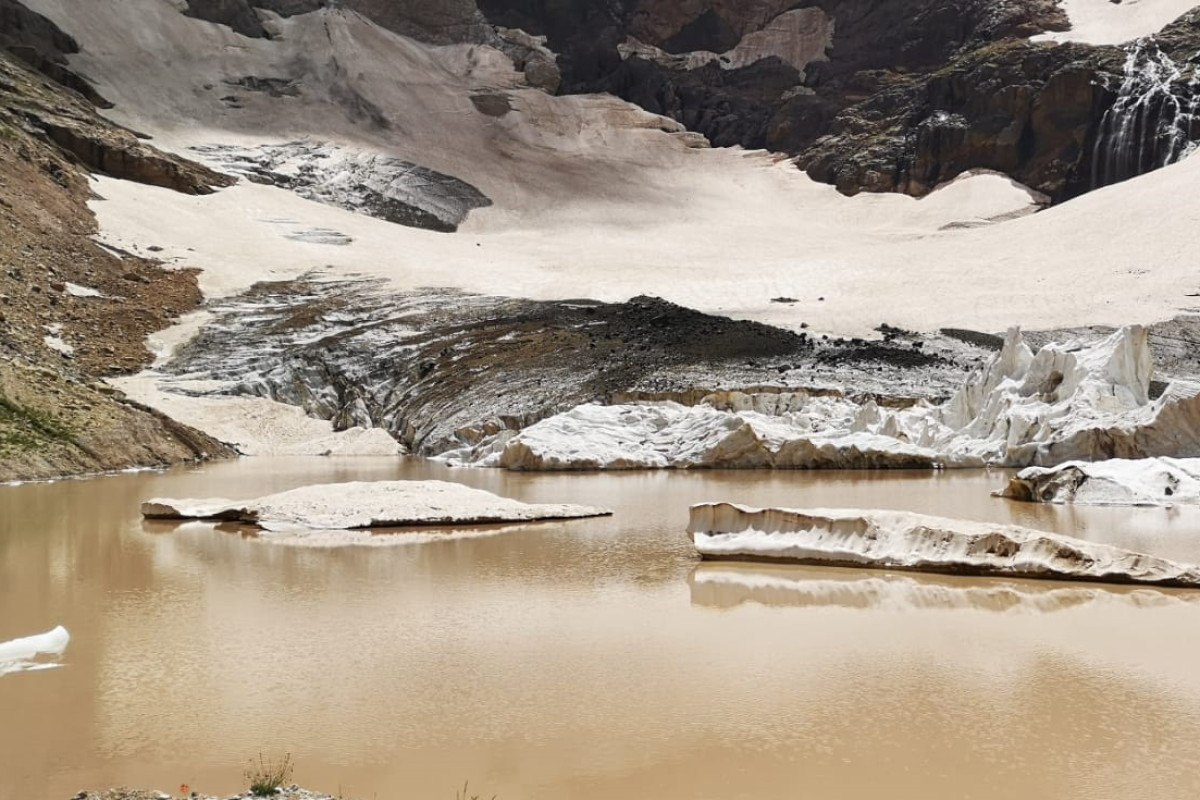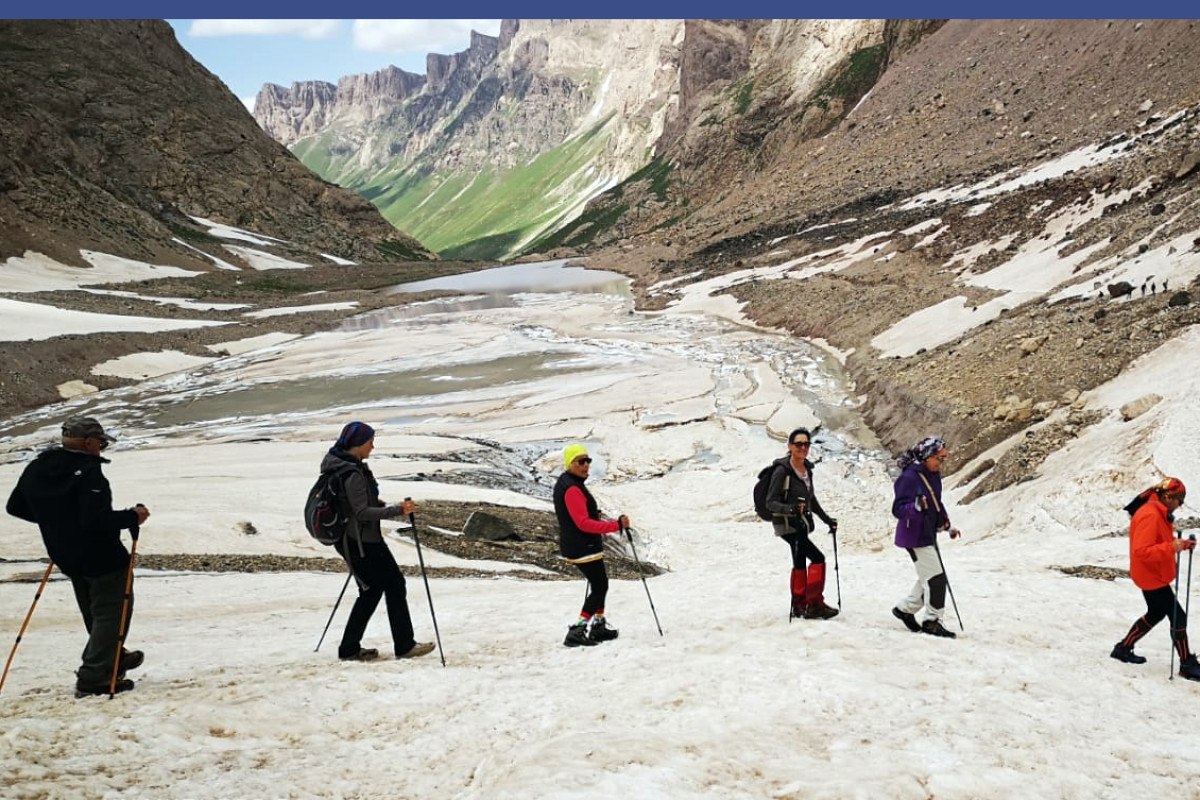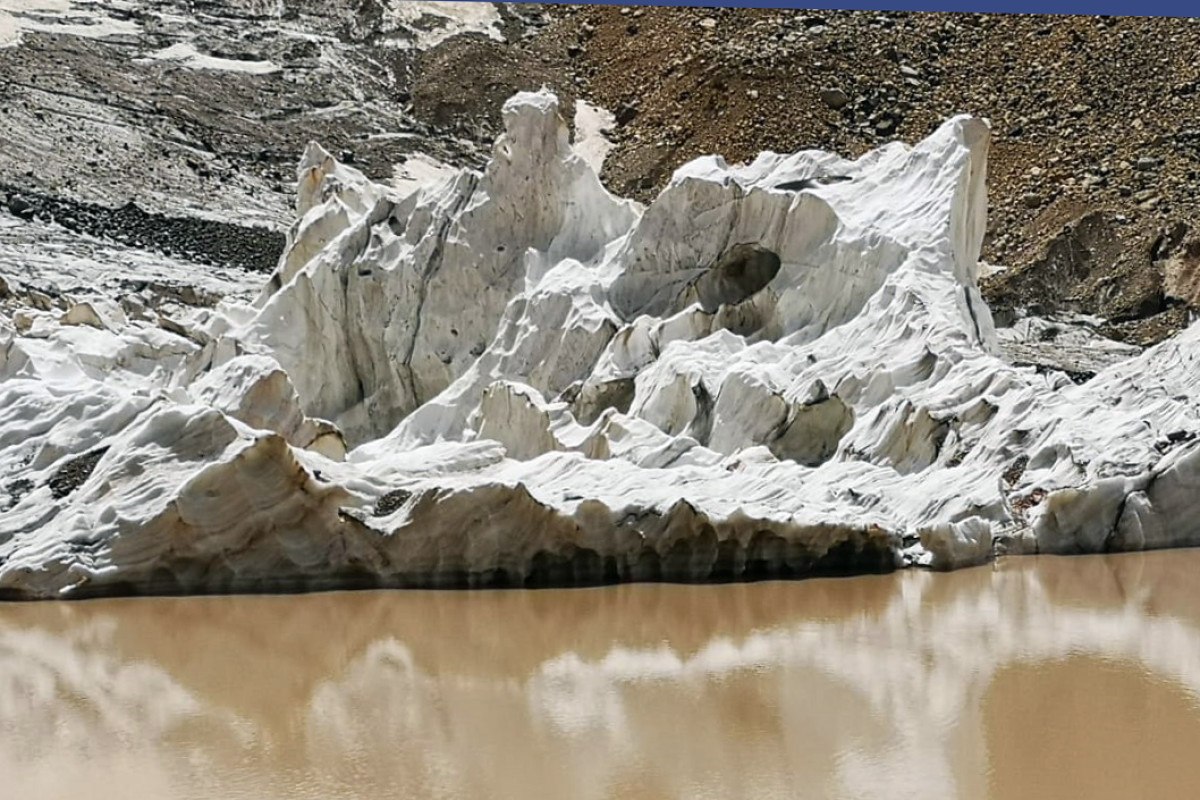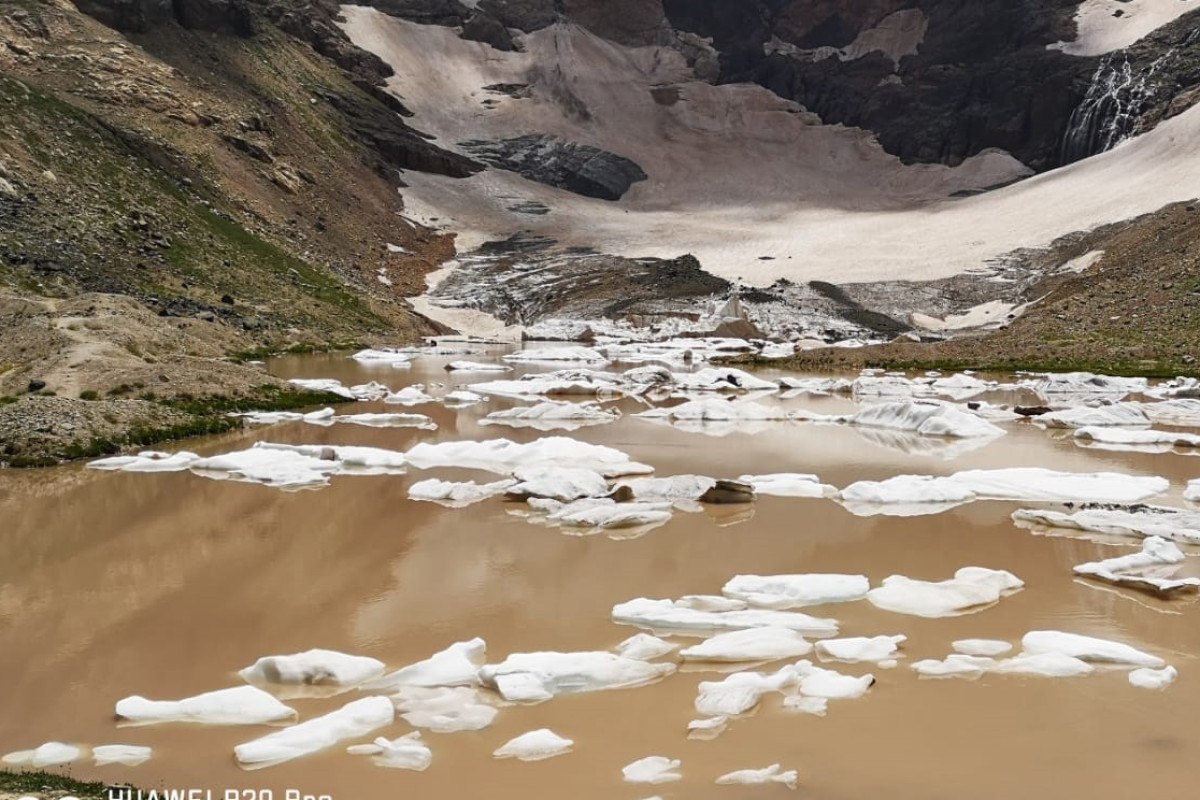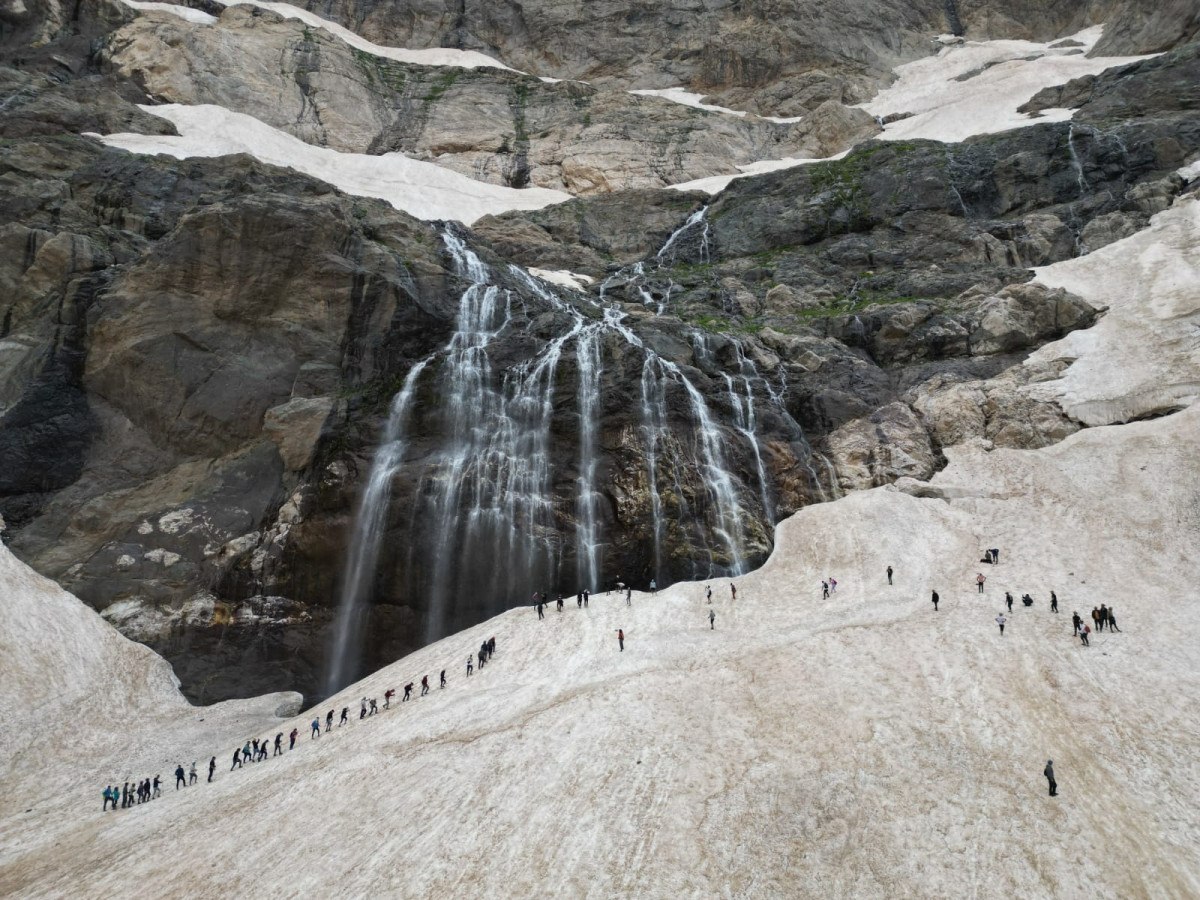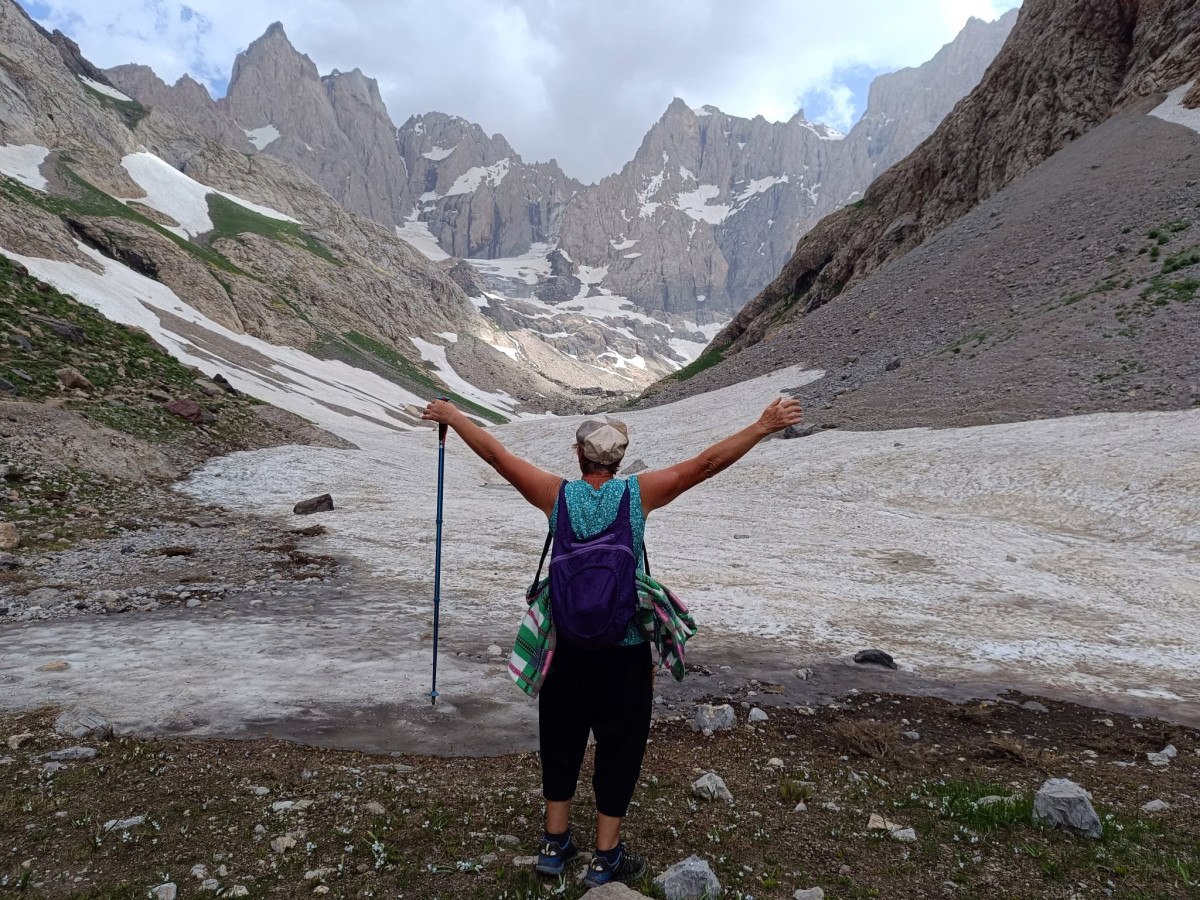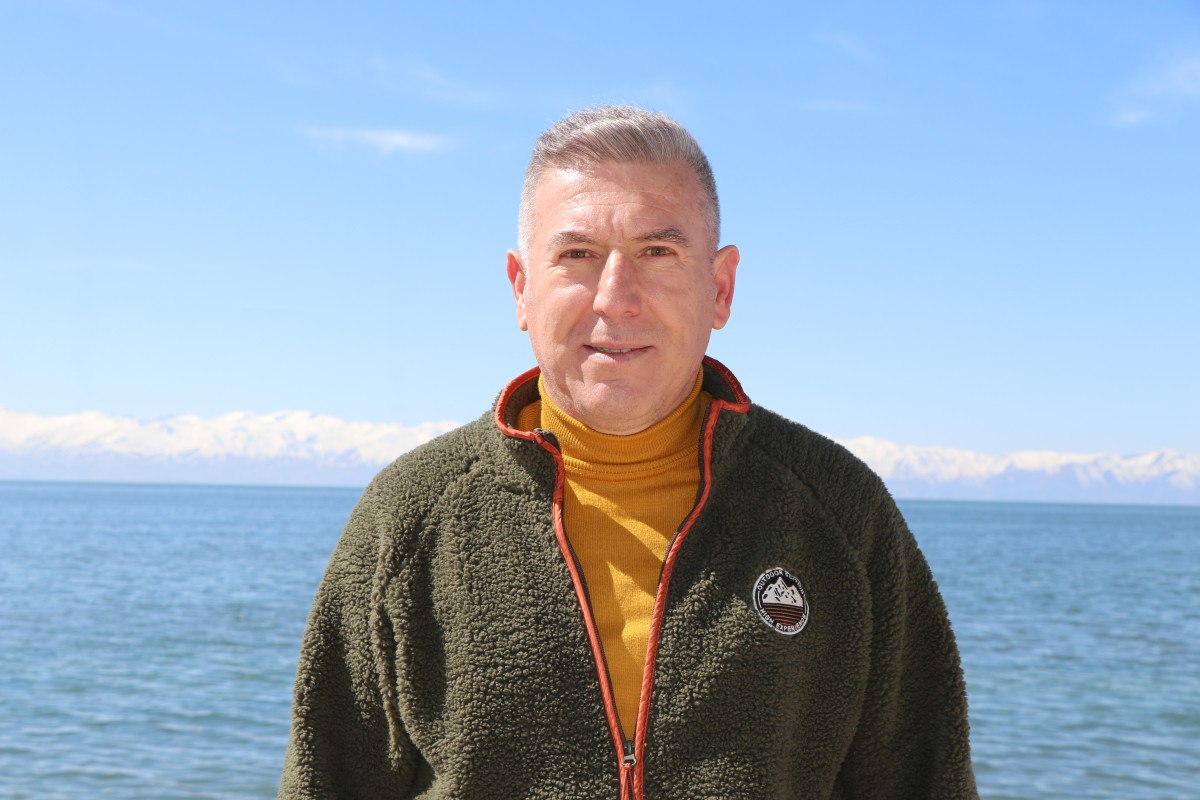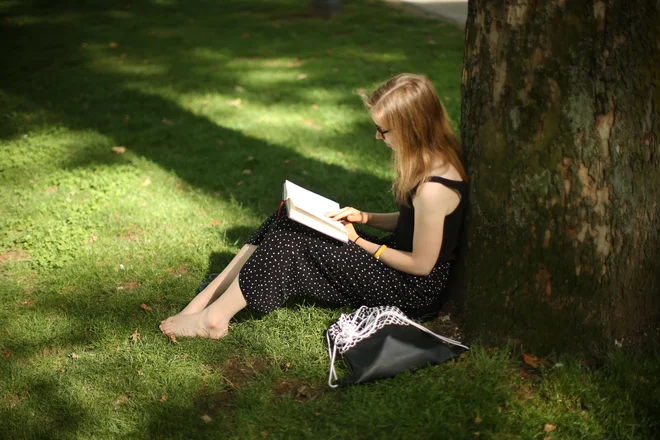Glacies are melting in Cilo Mountains: There is 55 percent loss in 30 years – Cyprus Newspaper

20 thousand years of glaciers in the Cilo Mountains with an altitude of 4 thousand 135, melting due to global warming, losing space every year.
Cilo mountains, which are 4 thousand 135 meters high in Hakkari, continue to lose their natural heritage every year with the effect of global warming. These mountains, which contain the highest and most glorious glaciers of Türkiye, worry about the people and scientists of the region with rapidly melting ice masses.
The region, which was declared a national park with the decision of the Presidency in 2020, continues to be a popular point of nature lovers and climbers coming from all over Türkiye throughout the year. However, according to experts, the human mobility of visitors in the region accelerates the destruction of glaciers.
The depth of the glaciers fell from 200 meters to below 50 meters
Van Yüzüncü Yıl University Department of Geography. Dr. Faruk Alaeddinoglu, Cilo glaciers shrinks at an alarm speed, he says. Emphasizing that the vertical ice layer, which has reached 100 to 200 meters in the past, has fallen below 50 meters, Alaeddinoglu says that melting has created serious destruction not only on the surface but also in the inner parts of the glaciers:
In the last 30 years, we have lost about 55 percent of glaciers. Glaciers, which used to be 200 meters in the past, are now below 50 meters and their internal structures have been largely destroyed. Cracks occurred, tunnels and channels occurred due to melting at the bottom. If a precaution is not taken, these glaciers may disappear in the next 20 years. However, Cilo glaciers are one of the oldest natural heritage of Anatolia. We need to maintain these wonderful formations.
Alaeddinoğlu says that the effect of global warming is not the same in every region and the increase in temperature in high altitude areas is much more destructive:
The average temperature increase in the world exceeded 1.5 degrees Celsius. However, this increase is not felt equally in each region. For example, as it rises 0.5 degrees in the equatorous zone, this figure can reach 7-8 degrees as it approaches the polar regions. There is a similar situation in the Cilo Mountains. The glaciers at high altitude heat up more than low sections, which accelerates the melting process.
Human mobility threatens glaciers even more
The fact that the Cilo Mountains gained the status of a national park is an important step in terms of the protection of the region. Dr. Alaeddinoglu says that more comprehensive measures should be taken to save the glaciers. In particular, he emphasizes that the emergence of visitors on the glaciers accelerates the melting process and raises serious risks:
Human mobility should be limited for the protection of glaciers. Today, many people take pictures on the glaciers on foot. However, this leads to more damage to the glaciers and the risk of possible collapse. In the world, there are models that offer visitors only remote observation to protect similar natural areas. The same application should be implemented here.
Another suggestion to protect the glaciers is to cover its surfaces with special ingredients. Stating that in some countries in Europe, the glaciers are covered with this method and that the melting speed is slowed down, Alaeddinoğlu says that a similar application can be implemented for Cilo glaciers:
This is not only a wonder of nature, but a legacy that witnesses the thousands of years of Anatolia. If we do not take effective protection measures, we will be able to see these glaciers only in old photos in the future. So we have to take action and do our best.
If urgent steps are not taken to protect the Cilo glaciers, this unique natural wonder may be in danger of completely extinction in the near future. Calling experts net: If we want to leave this heritage to future generations, we must take precautions now.

